[Joint CQSE & NCTS Seminar] Navigating ultra-large chemical space for drug discovery by forging statistical physics, deep-learning, digital annealing, gate-based general quantum computation, and AI robotics
Title: [Joint CQSE & NCTS Seminar] Navigating ultra-large chemical space for drug discovery by forging statistical physics, deep-learning, digital annealing, gate-based general quantum computation, and AI robotics
Speaker: Dr. Jung-Hsin Lin (Academia Sinica)
Time: 2025/05/02 (Fri.) 14:30-15:30
Place: NCTS Physics Lecture Hall, 4F, Cosmology Hall, NTU
Online: https://nationaltaiwanuniversity-zbh.my.webex.com/nationaltaiwanuniversity-zbh.my/j.php?MTID=m2a963d31adcf732fcddcf95022ff7210
Abstract
In this seminar I will highlight some major research topics of my lab on the developments and applications of computational methodologies for design and discovery of new drugs, and for unravelling the molecular mechanisms of biological systems based on fundamental physical chemical principles, which are facilitated by biophysical experiments, as well as molecular modelling and simulations. I will also describe an integrated virtual screening scheme established in our lab, which combines rapid docking and deep-learning-based scoring approaches, molecular dynamics simulations and adaptive umbrella sampling methods, enabling the screening of very large libraries of chemical compounds in a very efficient manner while preserving high accuracy. I will briefly report our recent progresses on using the quantum-inspired digital annealing platform for solving the quadratic unconstrained binary optimization problem in our implementation for molecular docking. I will also report our progress on using gate-based general quantum computation for constructing neural networks. I will also give some examples that are quite challenging for AI-based structure prediction, as well as our recently established automatic laboratory systems with well-controlled experimental environment and AI robotics for carrying out cell culture. virus titration assays, chemical synthesis, and drug testing.Biography
Jung-Hsin Lin1Biomedical Translation Research Center (BioTReC), 2Research Center for Applied Science (RCAS), and 3Institute of Biomedical Sciences (IBMS), Academia Sinica, Taipei, Taiwan, 4School of Pharmacy, College of Medicine, National Taiwan University, Taipei, Taiwan, 5College of Engineering Sciences, Chang Gung University, Chungli, Taiwan
Dr. Jung-Hsin Lin received his Ph.D. training at Institute für Festkörperfoschung, Forschungszentrum Jülich, Germany, under the supervision of Dr. Artur Baumgaertner, and he then worked as Bioinformatics Specialist at Howard Hughes Medical Institute, at University of California, San Diego, under the supervision of Prof. J. Andrew McCammon. He returned to Taiwan and started his independent career in 2003 as Assistant Professor at School of Pharmacy, College of Medicine, National Taiwan University. In 2004 he joined Institute of Biomedical Sciences, Academia Sinica as a Jointly-Appointed Research Fellow. In 2006 he was recruited to Research Center for Applied Sciences (RCAS), Academia Sinica. He served as the Chief Executive Officer of the Thematic Center for Biomedical Applications of RCAS between 2015 and 2020, and the Deputy Director of RCAS between 2019 and 2020, respectively. He is currently the Deputy Director of Biomedical Translation Research Center (BioTReC), and he served as the Chief Executive Officer of the Thematic Center for Intelligence Medicine of BioTReC between 2021-2024. He is the inventor of 16 patents for the new drugs discovered from his collaborative teams. Two series of drug candidates on neurodegenerative diseases and cancer treatment were exclusively licensed to the companies in Taiwan in 2015 and 2016, respectively. Starting from February 2025, one small molecule drug for treating Alzheimer’s disease is currently in the Phase I clinical trial. Since about six years ago, he established a lab to carry out protein expression, purification, several biophysical assessments, also X-ray crystallography and cryo-EM experiments for determining structures of membrane transporters and chemical sensory proteins, as well as NMR experiments for structure determination and dynamics characterization of structured proteins and intrinsically disordered proteins. In the past few years he also created automatic laboratory systems with well-controlled experimental environment and AI robotics for carrying out cell culture. virus titration assays, chemical synthesis, and drug testing.


